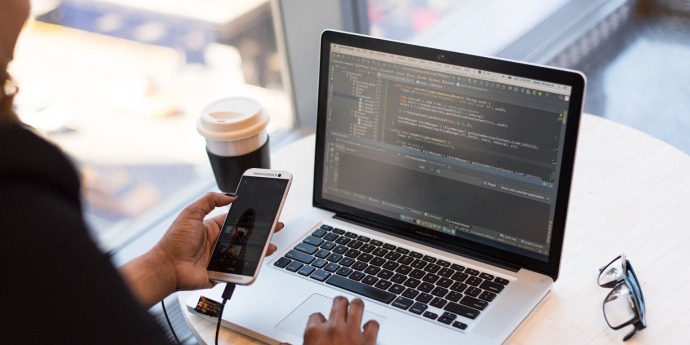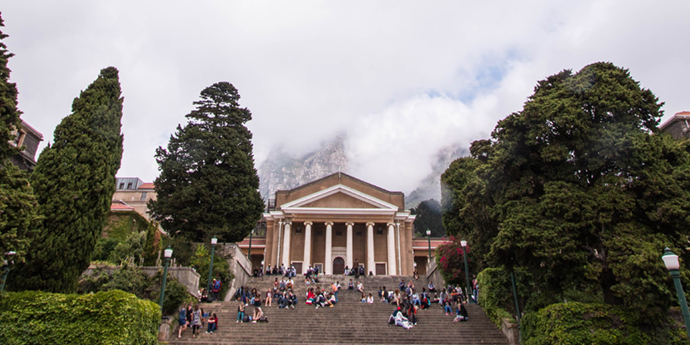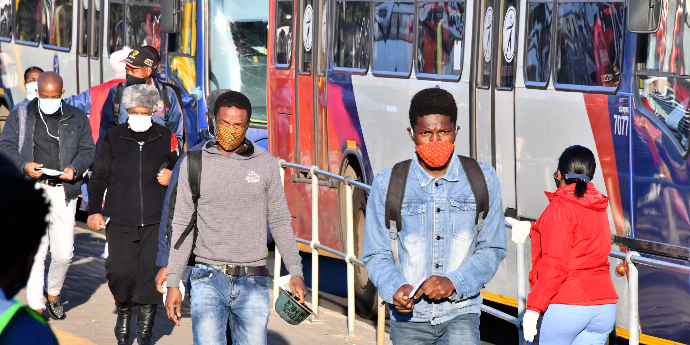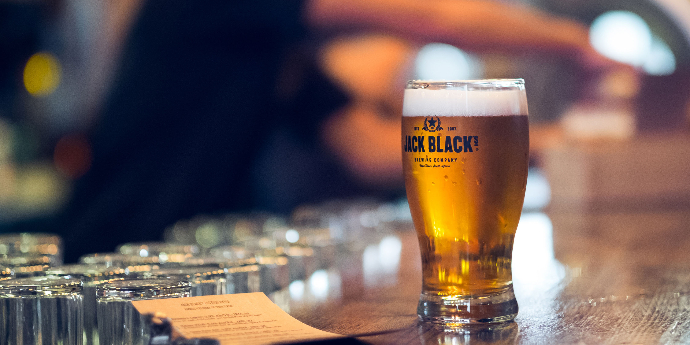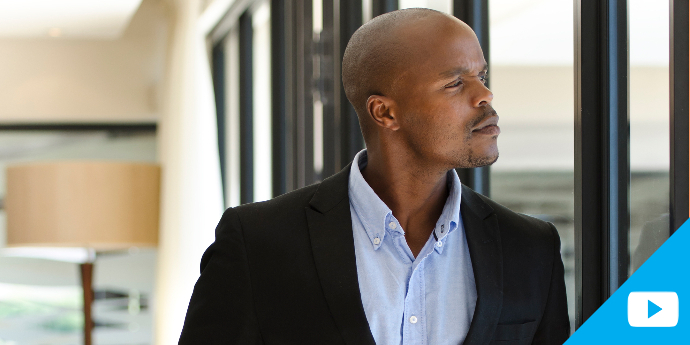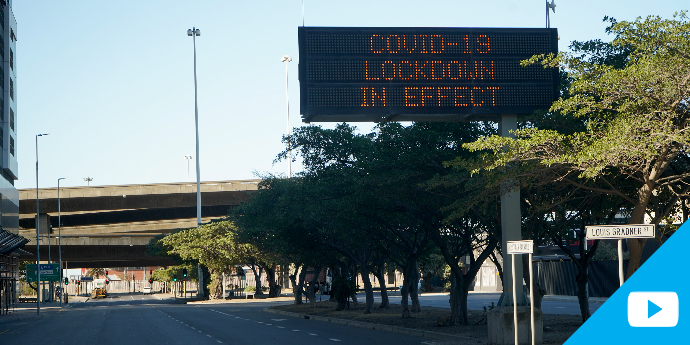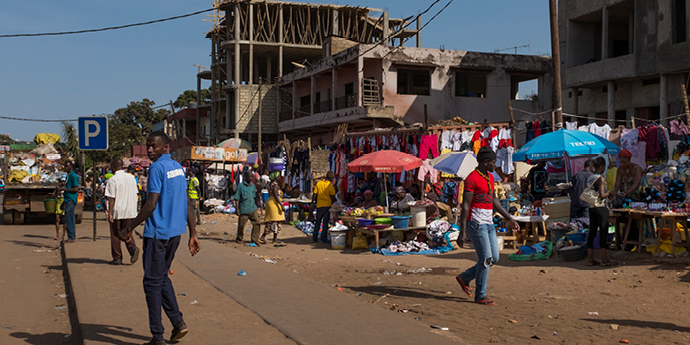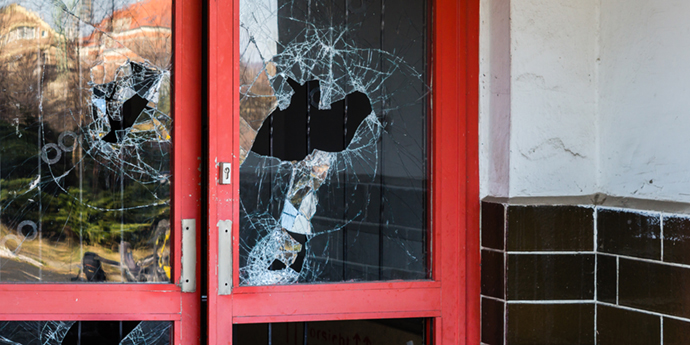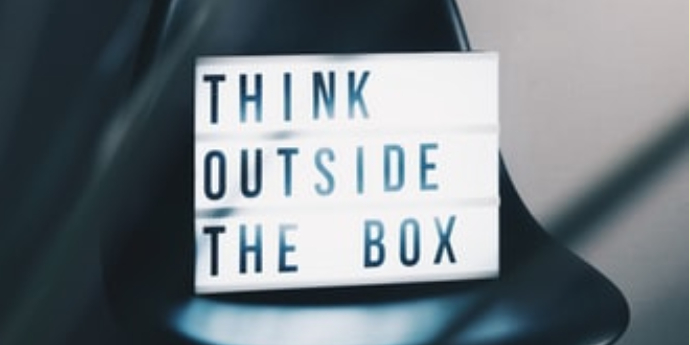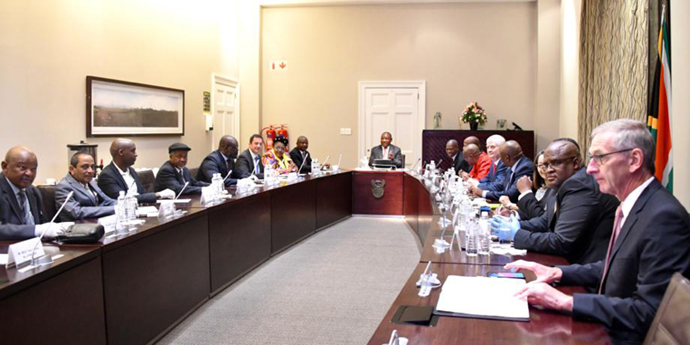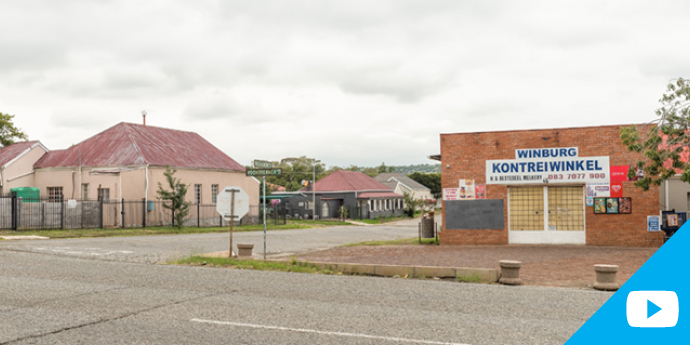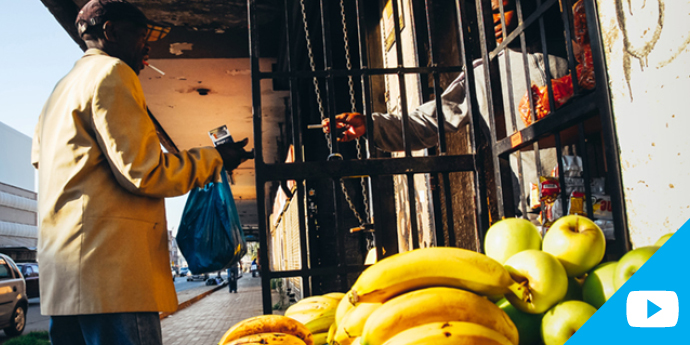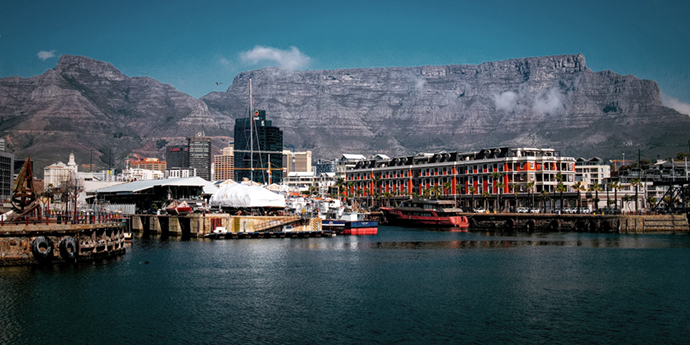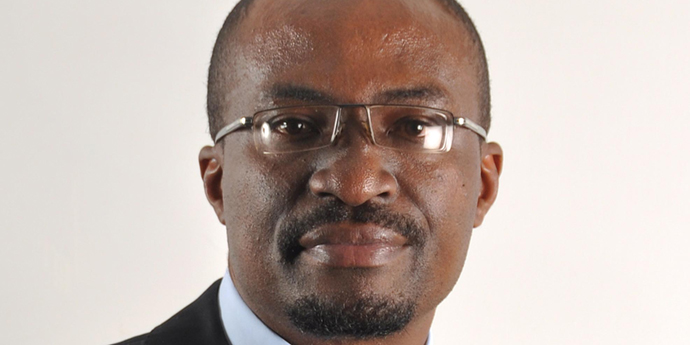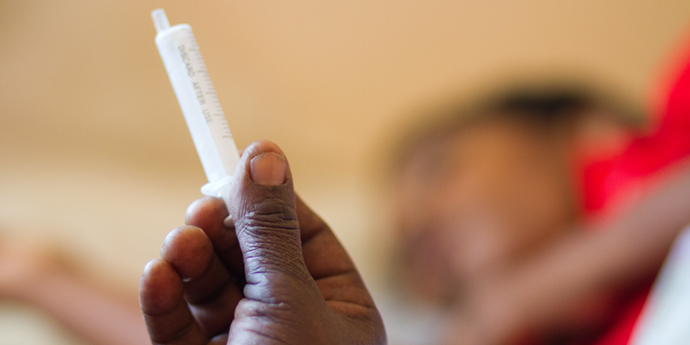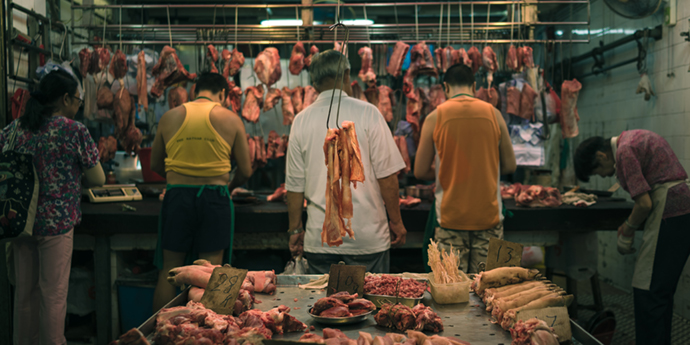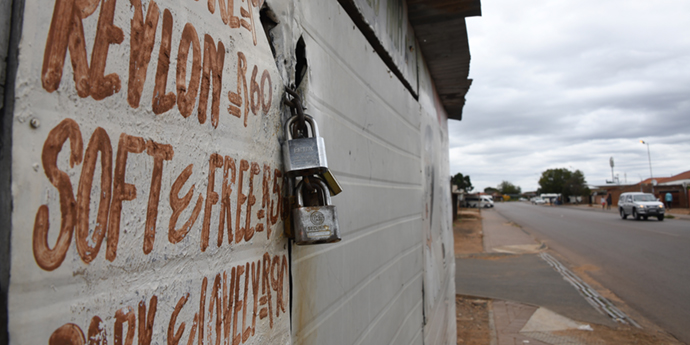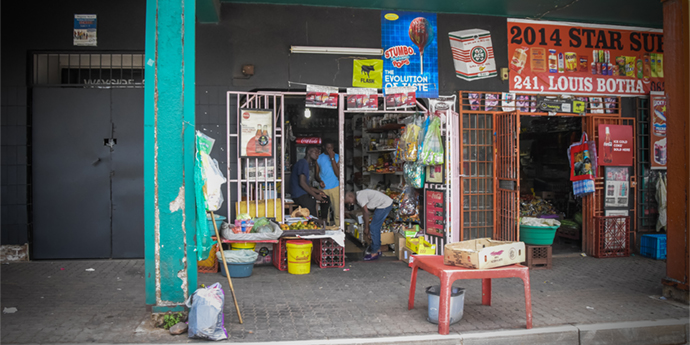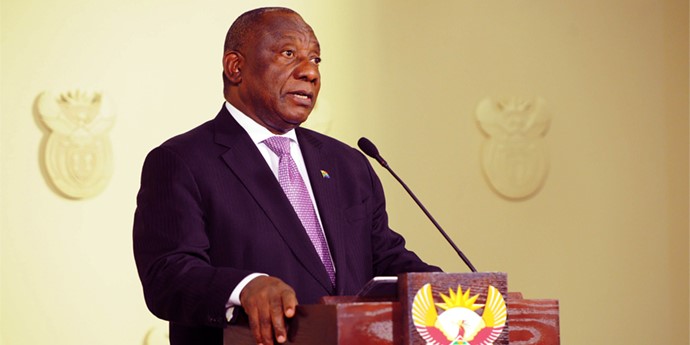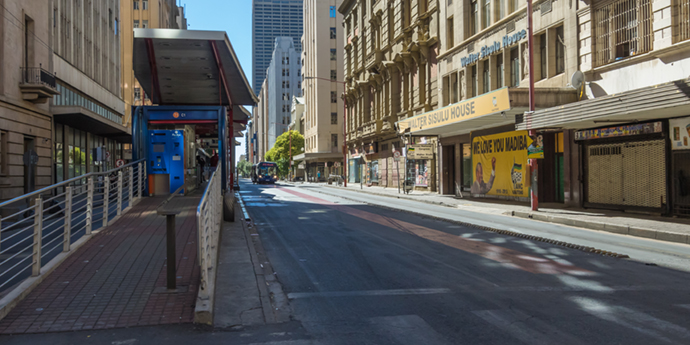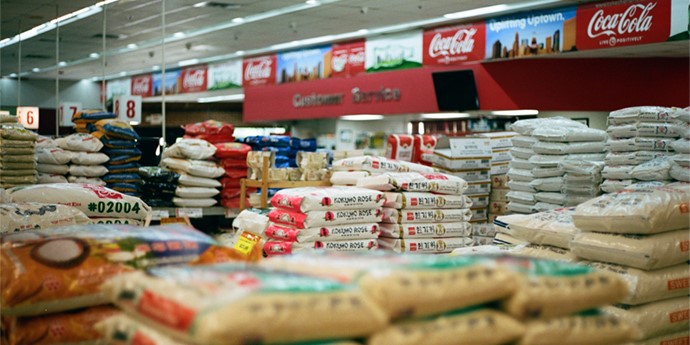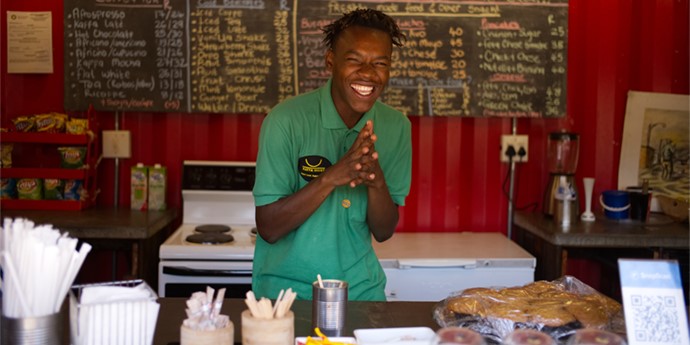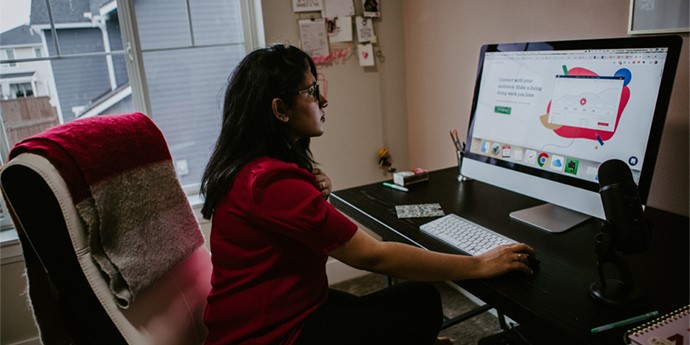The rhetoric of war has been widely deployed in the face of the Covid-19 pandemic. Yet this crisis is not a war. It is a test of our humanity, and of global civilisation itself. There is no us and them in this crisis, no visible enemy to fight. It is just us; fragile as all human beings and their civilisations have always been. Stunned by our impermanence, our fragility, and despite all our proclamations of “progress”, global civilisation itself now balances on a knife-edge.
[Photo caption: Commander in Chief of the Armed Forces His Excellency President Cyril Ramaphosa delivers well wishes to the South African Armed Forces ahead of the national lockdown, 26 Mar 2020]
The coronavirus has unsurfaced deep fault lines in our world. How do we internalise the stark differences between rich and poor; whether within countries and regions, or between them across the globe? How do we respond to the fact that underdevelopment in the Global South, particularly on the debt-enslaved African continent, is clearly the main factor in the tens or hundreds of thousands of deaths that are likely to result from the impact of the pandemic? And what does that say about whose lives are considered important enough to save in our societies? And whose lives are not?
It is hard to deny that there are critical structural factors that will catalyse this disease among some, while protecting others. The importance of the gap between poor majorities and wealthy elites could not be more inescapable in this moment. If there is a war to be fought, it is a war against the systemic and structural inequalities and deficiencies that prevail within and between the nations of the world, precisely because these are the key factors that will render us yet even more vulnerable to the large-scale crises that credible science and research forecast for the 21st century.
While all the focus is currently — understandably — on the Covid-19 pandemic, we should not forget that this global crisis serves as an important stress test of our readiness to absorb the future shocks we are projected to experience in this century. How resilient are we, as a global civilisation, to the projected impacts of climate change, resource scarcity, ecocide and the loss of key life-supporting ecosystem services such as clean water, fertile soil and fresh air?
Are we ready for climate change-induced mass migrations, for example, or will we simply let climate refugees perish on our borders as have African migrants traversing the tricky waters of the Mediterranean in flimsy boats and inadequate lifejackets? Will we avert our eyes as our children and the elderly die in wave after wave of turbulence; our future and our past lost in the same breath?
Are we — as humanity — ready for this future? One where we lurch from crisis to crisis that periodically devastates whole regions or perhaps even the global economy itself?
Currently, all indications are that we are woefully unprepared for the prospect of a future characterised by sudden, abrupt changes that significantly impact our daily realities, forcing us to significantly alter our way(s) of life. That is, “business-as-usual” isn’t going to cut it. We need to adapt to the new reality we are faced with or face the prospect that civilisations before us have: the possibility of collapse.
In order to build that resilience we will have to act thoughtfully and decisively. We will need to act fast so that we avoid entering a period where we are constantly stuck in reactive mode as we absorb each successive crisis. We cannot afford to be playing catch-up with overwhelming crises. We need to pre-empt them, and plan as though we are expecting them to occur.
So, what does this mean in practice? It means, fundamentally, that we need to recast the role of the state in relation to market-driven economies, and to overcome the artificial separation between the public and private sectors (eg, with respect to healthcare, food security, social security, education, transportation and the like). The state needs to engage in shaping local and national markets, so that the public good is put foremost in whatever economic growth or diversification trajectories are embarked upon. The state must shape development instead of presiding over bailout after bailout of an outdated and societally ineffective “market economy” and its artifacts. Moreover, in order to deal with overwhelming, existential, challenges, cooperation and coordinated responses from all sectors are required. All hands are required on deck.
Our development choices need to be fully oriented towards guaranteeing medium- and long-term sustainability, even going so far as to embrace choices that are regenerative of society and ecologies. That is what we should be aspiring towards, not just for the intrinsic value of our societies and ecologies, but primarily because by embracing the principles behind these aspirations we will be more resilient to the shocks and turbulence of the 21st century.
Critically, this requires departing from the ideology of ruthlessly pursuing optimisation and efficiencies in systems. We need to build redundancies into systems so that there are layers of fallback mechanisms that the citizenry can rely on in a time of crisis. We need to be able to rapidly scale up responses, whether to a pandemic, or to drought, food insecurity, flood disasters, storm surges, fires, heat waves, crop failures, pest infestations and the like. This requires a wholly different approach towards development; we need development policies and planning that can cope with greater extremes than previously accommodated.
And last, the rhetoric of war, and the unfortunate term “lockdown” are even more misplaced in this crisis because it takes people to change a society, not simply putting stringent rules or regulations in place and enforcing them through the barrel of a gun. Harnessing cooperation and encouraging organisation among the citizenry are key to bringing about lasting, sustainable change. This requires that processes that support learning, cooperation, negotiation and coordination are incorporated into any plan that seeks to respond to — or proactively pre-empt — debilitating crises.
So, we are not at war with Covid-19. We are at war with what our prevailing (hopefully soon to be former) ideas are about how we co-exist as humanity. We are in a war with the societies and economies we have created, because that is what has rendered us fragile, easily weakened and rendered pitiably paralysed by something as simple as a virus. We are not resilient, and that is our fault to a large extent. We have chosen convenience, superfluity and inequality, no matter how devastating the cost is to us and our planet. We have chosen to believe that individual priorities trump that of the collective, and that collective priorities unduly restrict the individual.
That is why we are failing as a planetary civilisation; one that recognises the importance of people and planet as intimately interconnected and indivisible. We must respond collectively to what threatens us all, in order to survive.
The real underlying question is what we make of ourselves, as societies, and as a global civilisation. Are we prepared to take on the responsibility that comes with navigating a future that goes beyond four- to five-year election cycles, day-to-day stock market slumps and surges, annual GDP reporting, the ill-equipped “ratings” agencies that brought us the 2008 financial crisis, corporate scandals, government corruption and the democratic demagogues who strip us of meaningful existence and leadership?
Indeed, can we even imagine that? If so, there is no better time than now to rethink what we stand for, who we want to be, and what brings us together. This moment can prove to be transformative, if we have the courage to allow it to be. Ultimately, it’s up to us.
Camaren Peter (PhD) is an Associate Professor at the Allan Gray Centre for Values-Based Leadership, Graduate School of Business, University of Cape Town. He is director and executive head at the Centre for Analytics and Behavioural Change (CABC), and is the author of Lazarus in the Multiple: Awakening to the Era of Complexity (Zero Books, UK, 2016).
This article was first published in the Daily Maverick
[Photo: Courtesy of GCIS on Flickr]




